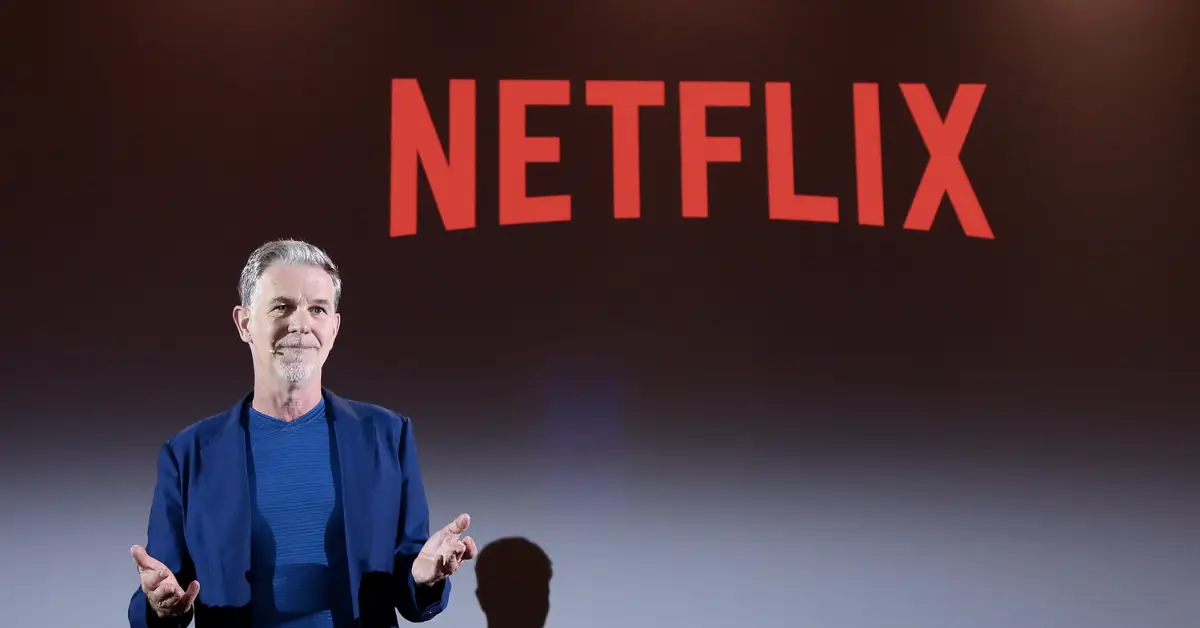According to a recent Wall Street Journal story, popular streaming service Netflix intends to ban password sharing beginning in early 2023. Although there have been continuous claims that password sharing is dead and Netflix has been looking into ways to stop it, the changes are scheduled to take effect at the beginning of next year.
Although Netflix has long been aware that password sharing hurts its bottom line, the rise in subscriptions in 2020 has allowed the business to put off dealing with the issue. Netflix CEO Reed Hastings determined it was time to address the problem because it had been postponed for too long. This year, income was down, and Netflix had its first subscriber drop in ten years.
Netflix wants to start charging anyone who shares accounts with persons outside of their household beginning in 2023. In some Latin American nations, Netflix has been experimenting with add-on fees for password sharing, charging an additional $3. In these nations, the primary account holder must give a verification code to anyone attempting to access the account from outside the household. Netflix will keep requesting the code until a monthly charge is paid to add non-household users.
You may also like:
- Will Raap Obituary: He Passed Away On December 12, 2022, At The Age of 73!
- ‘General Hospital’ Actress Sonya Eddy Dies At The Age of 55!
In the US, a similar strategy might be employed, with Netflix possibly charging non-household users who share a plan a price that is slightly less than that of its $6.99 ad-supported program. Anyone who uses a shared password on Netflix should purchase a separate membership.
To enforce its password-sharing policies, Netflix will use IP addresses, device IDs, and account activity. Netflix may gradually phase out password sharing rather than ending it immediately to avoid upsetting users. Netflix thought about using pay-per-view content to discourage customers from disclosing their credentials to those who might want to rent a video but eventually opted against it.
Netflix has long ignored multi-household sharing in violation of the terms of service. Still, by charging for account access to friends and family, Netflix may irritate some of its members. Passwords are shared between an estimated 222 million paying homes and an additional 100 million Netflix-targeted households.

Netflix does not want numerous users watching outside of the same household, although pricing on Netflix plans includes watching on several supported devices and hurting streaming quality. For instance, the Netflix premium plan supports simultaneous viewing on four approved devices, including iPhones, iPads, and Macs, as long as members of the same household are on those devices. It also supports Ultra HD 4K streaming.
In addition to increasing money by prohibiting password sharing, Netflix has launched a more cost-effective ad-supported plan in the US, costing $6.99 per month.
What is the Cost of Sharing Netflix Passwords?
In several South American areas, Netflix has been testing a program that charges subscribers an additional $3 per month if they want to continue sharing their passwords with individuals outside their homes.
The cost that US password sharers will incur is unknown. However, one Netflix suggestion involves charging individuals slightly under $6.99 for the right to share passwords. That might persuade individuals to switch to Netflix’s recently introduced new ad subscription. The final price has not yet been made public.
According to analysts at Cowen, according to the Journal, Netflix might bring in $721 million in revenue from the US and Canada in 2019. This is based on an analyst poll using a $3 monthly fee.
According to Morningstar analysts, however, this revenue would only temporarily lift the business. Additionally, according to the analysts, Netflix may be underestimating the number of customers who may quit their subscriptions rather than pay extra for password sharing.


Leave a Reply